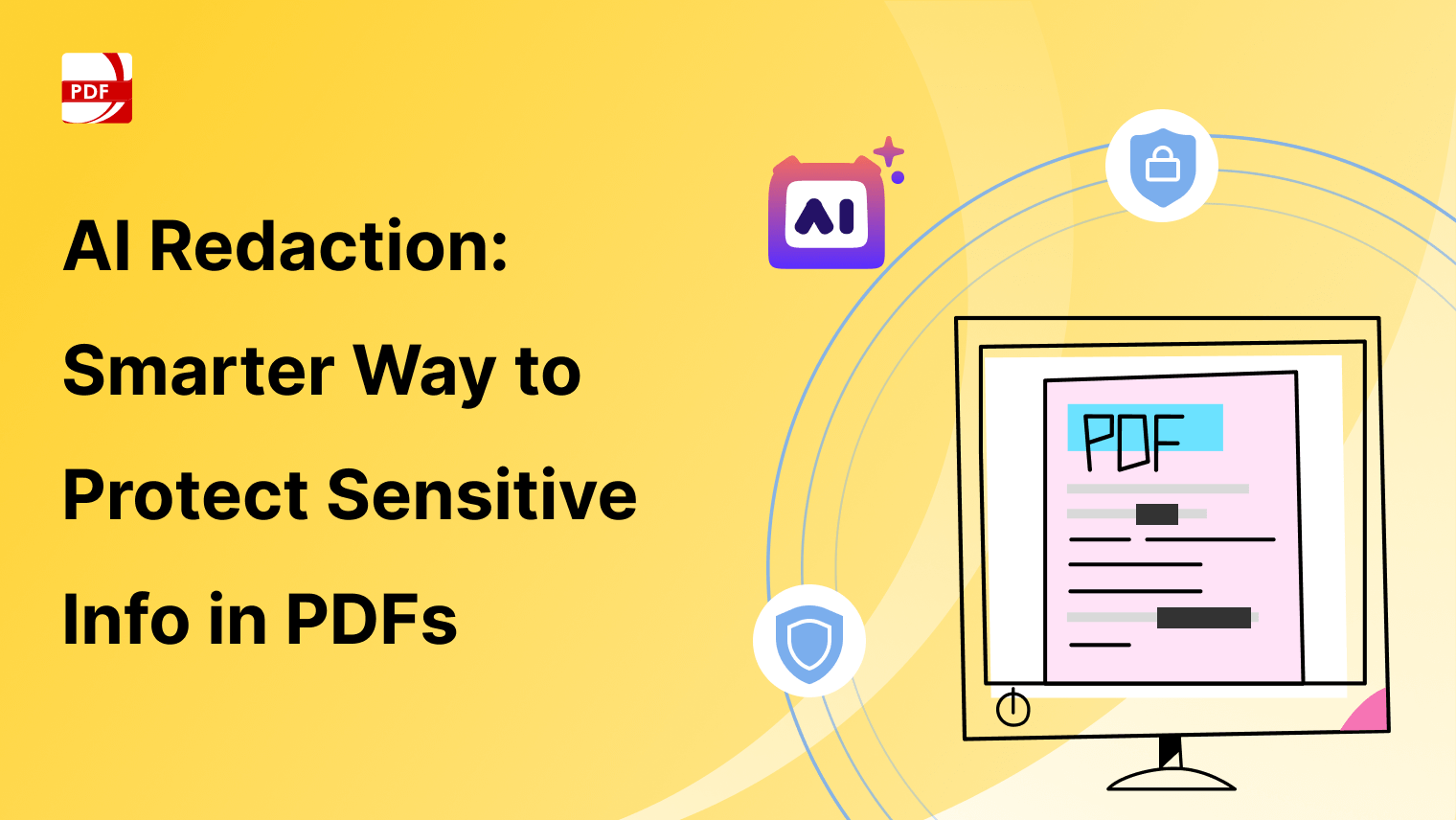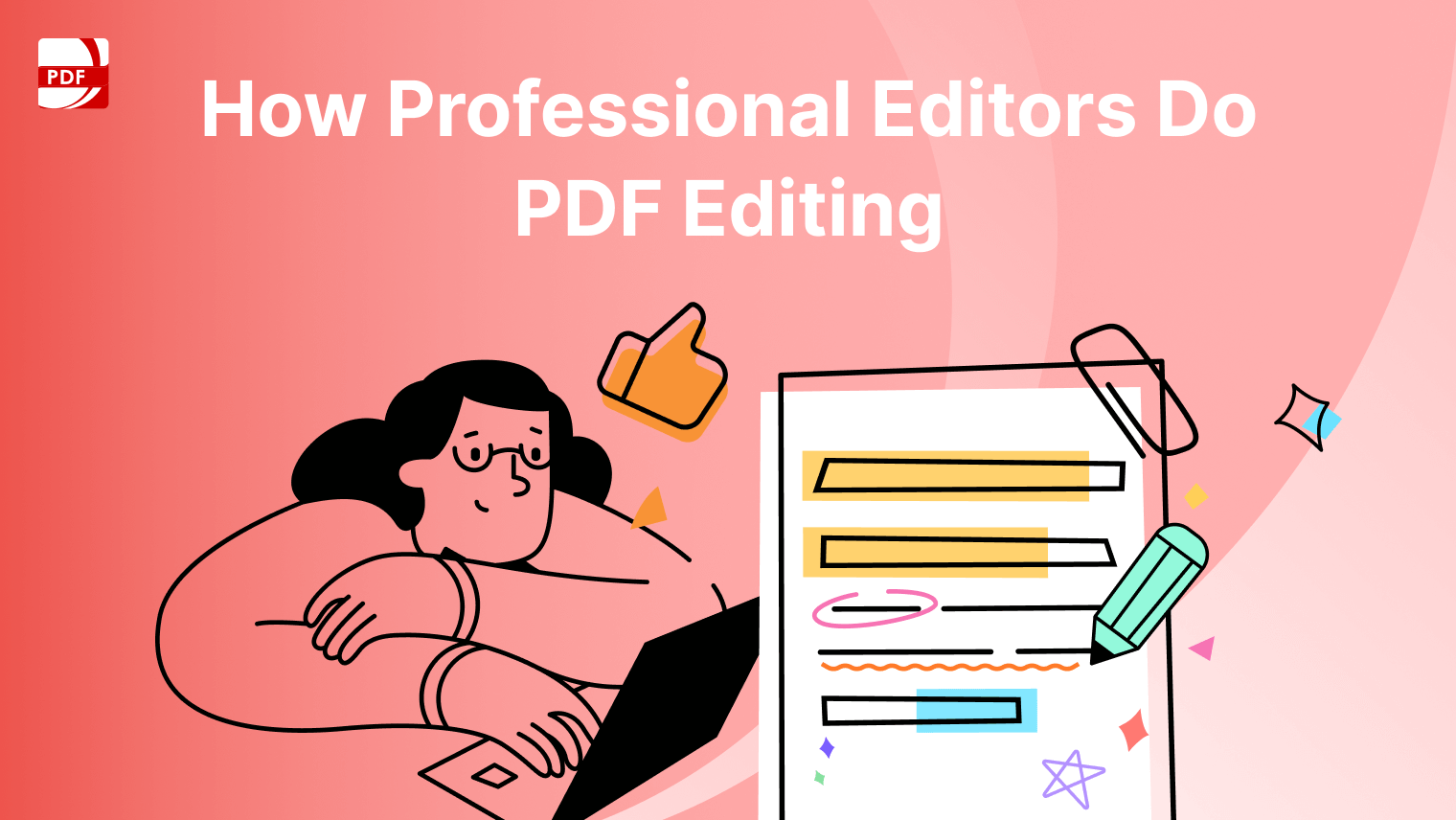Writing a legal brief is a critical skill for any attorney. It involves presenting your client's case to the court clearly, concisely, and persuasively.
Here’s a step-by-step guide to crafting an effective legal brief, with insights on how PDF Reader Pro can fast-track the process.
How to Write a Legal Brief
Step 1: Find a Template
Find a template you approve of, like the one below from PDF Reader Pro's Templates.
Step 2: Edit PDF
Use a PDF Reader/Editor, like PDF Reader Pro, to customize your notarized statement.
Click on "Edit PDF" and "Add Text" and click on a text box to add your information.

Step 3: Customize
When you're done customizing your notarized statement, proofread and review it.
Step 4: Save PDF
Save as a PDF to your device.

PDF Reader Pro's templates can help you achieve a professional and concise PDF document.
PDF Reader Pro stands out for its user-friendly interface and comprehensive editing tools, making it my preferred choice for working with PDF templates.
You can also check our resume resource on How to Write a Hypothesis.
Its wide range of annotation features has significantly helped my document management process, enabling efficient collaboration and personal note-taking.

The ability to effortlessly modify templates and tailor them to specific needs, coupled with the intuitive navigation, has saved me time and enhanced my productivity, making PDF Reader Pro an invaluable asset in my workflow.
You can also check our recommendations on How to Write a Prenup.
Standardized Language in Legal Briefs
- Efficiency: Reuse phrases and sections for similar legal issues.
- Caution: Verify the current validity of reused legal citations.
- Tools: Use legal citation checkers to ensure accuracy.
Proofreading and Editing: Key Steps
- Print for Review: Print your brief to spot errors more easily.
- Colleague Feedback: Get a second opinion to catch oversights.
- Editing Tools: Utilize tools for typo checks and format compliance.
- Court Standards: Ensure alignment with court formatting requirements.
How to Write a Legal Brief: FAQ
How Can I Avoid Awkward Phrasing in Legal Writing?
To avoid awkward phrasing, focus on clarity and simplicity in your writing. Use straightforward language and short sentences. It's also beneficial to read your work aloud or have someone else review it, as this can help identify and rectify any awkward or unclear wording.
How Should I Address the Issues at Stake in the Brief?
When addressing the issues at stake, clearly and succinctly state the legal questions or disputes your brief is addressing. Make sure to connect these issues directly to the relevant laws and precedents, demonstrating how they apply to your client’s case.
How Does Legal Writing Differ from Other Types of Writing in the Legal Field?
Legal writing is unique in its need for precision, clarity, and adherence to legal standards. Unlike more informal types of writing in the legal industry, legal briefs require a formal tone, strict adherence to legal citation formats, and a structured argument that logically flows from the facts of the case.
What Is the Importance of Correct Formatting in a Legal Brief?
Correct formatting in a legal brief is not just about aesthetics; it's about readability and professionalism. Proper formatting makes it easier for the judge and opposing counsel to follow your arguments and find referenced authorities. It also demonstrates your attention to detail and respect for court procedures.
Why Are Legal Writing Skills Considered an Essential Skill in the Legal Industry?
Legal writing skills are fundamental in the legal industry because they directly impact an attorney's ability to argue a case effectively. Good legal writing conveys complex information in a clear, persuasive, and professional manner, which is essential for success in court and other legal proceedings.











 Free Download
Free Download  Free Download
Free Download 





 Support Chat
Support Chat